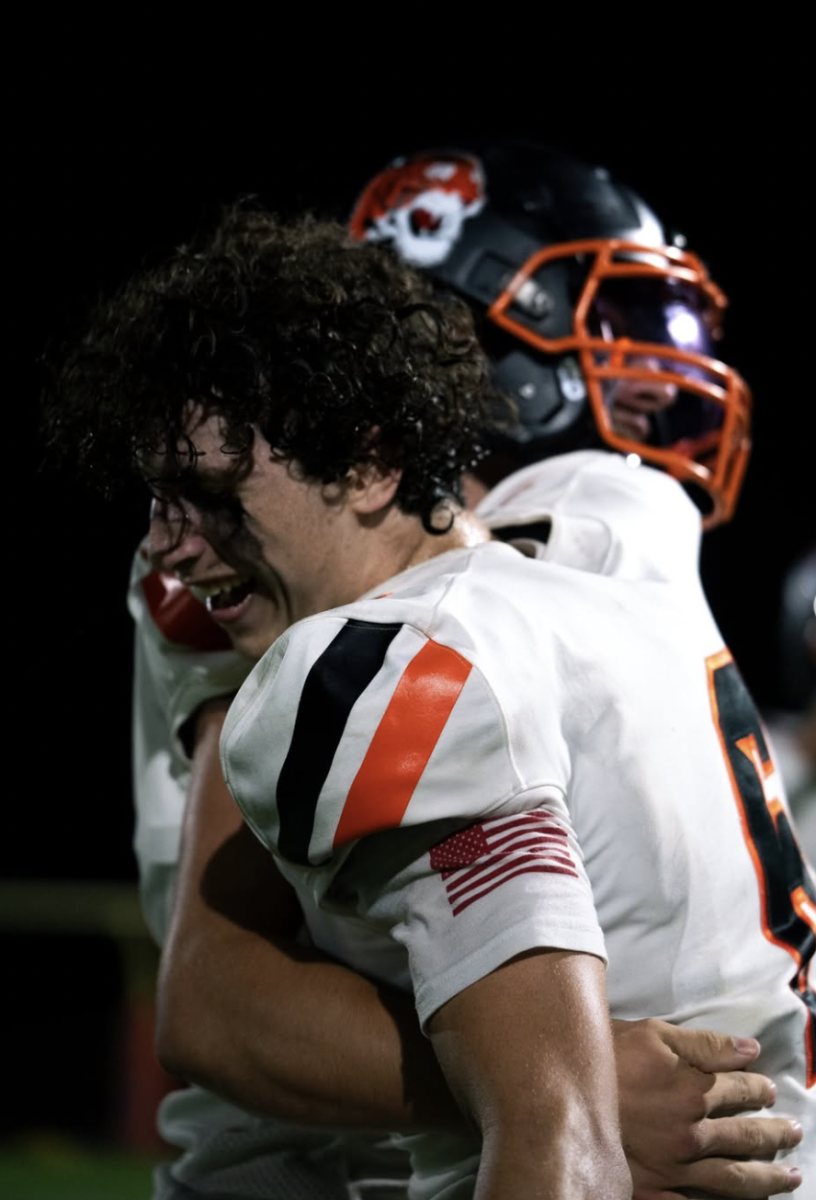by Malini Gandhi
From organizing “Girl Talk” chats over popcorn with the female special education students to working as a history aide, for over two decades, Ann Snow demonstrated her ability to engage all students, according to history teacher Brian Goeselt.
She was able to “get kids who don’t ‘get’ school, to look at them with her tough, traditional, yet deeply compassionate gaze and understand where they are coming from,” Goeselt, a longtime colleague, said
Snow retired this past June after serving as “an integral part of the special education department,” Goeselt said.
 [/media-credit]
[/media-credit]
- “The special education students I worked with taught me so much,” said Ann Snow, a history aide and the Connections facilitator.
According to Snow, she grew up in Ireland and “absolutely loved school as a child, though it was so much different from what it is here.”
Snow immigrated to the United States when she was 18 and attended Framingham State College, where she majored in history.
Immediately after completing college, in 1991, Snow was hired to serve as a teaching assistant at this school.
Early in her teaching career, Snow was a teaching assistant in the Cluster program and in Graphics.
Over the next twenty years, her role expanded to cover a huge breadth of positions at this school that “all revolved around the focus of special education,” according to Snow.
During this time, Snow went back to school to become a certified history teacher.
She then returned to this school to work as a health and sexuality teacher for eight years.
While at this school, she also acted as a substitute English teacher, an aide in a history classroom and a facilitator in the Connections program, a high school neighboorhood inclusion program, which provides “individualized services, programming and instruction to students according to their needs,” according to the school’s guide to special education programs.
Snow was initially drawn to teaching because she “loved learning and loved teenagers.”
In addition,“the special education students I worked with taught me so much. They taught me that young students are a lot smarter than we think they are; that most kids love to learn; and most of all, not to judge people too quickly, which I think we tend to do.”
It is this ability to view students without judgement and to maintain an unshakable patience and faith in them that Goeselt said he admires most about Snow.
For years, Snow served as an aide in Goeselt’s curriculum II world history I class, and Goeselt said that he “learned so much from her” about how to teach and view students.
“She had a real sense of where kids were,” he said. “When I was a new teacher and would give a lesson for the first time, I remember sometimes she would come up to me afterward and say, very effectively but courteously in her slight Irish accent, that my lesson had completely overshot the class. She was smart, focused and caring, and she understood kids so well,” Goeselt said.
According to Goeselt, Snow was able to “bring students such a long way,” and he will miss her “compassion and caring.”
School psychologist Colleen Meigher, who worked with Snow in Connections, also said that Snow’s “funny, student-focused” personality and ability to understand kids were incredible.
“She was hip,” Meigher laughed.
“I think the female students especially felt comfortable with her. They could talk with her, and she would really understand them.”
Meigher cited Snow’s “Girl Talk” sessions, in which a few selected girls in Connections would sit around, talk and eat popcorn, as emblematic of Snow’s role at this school.
“‘Girl Talk’ was relaxed, comfortable and supportive as opposed to a formal lecture-based class. It was her style,” Meigher said.
According to Meigher, Snow’s actions taught her “how important a sense of humor is to connect with students.”
“I will miss her dry sense of humor, and her ability to find humor in a challenging situation,” Meigher said.
In the end, it was the experience of watching her students progress and seeing the positive impact of her work that made her career rewarding, Snow said.
“One of my strongest memories of teaching is when I was teaching a very important unit in a health and sexuality class and one of the girls looked at me afterwards and said, ‘I never thought about that before,’” Snow said.
“I felt like I had given her something important. That is what it was.”








































